In June, Dr Amanda Korstjens, 10 UG and 1 PGT student together with MRes student Emma Hankinson and PhD student Chris Marsh from the Life and Environmental Sciences and the Archaeology, Anthropology and Forensic Sciences Departments took part in a field trip to Indonesia run by Dr. Amanda Korstjens to investigate human wildlife conflict and ecotourism in Indonesia. The placements fall within the SERT scheme and the research forms part of LEAP: Landscape Ecology and Primatology http://go-leap.wix.com/home.
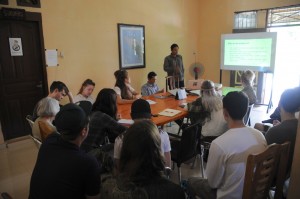
One of our activities involved a visit to Langsa. In Langsa, in the Aceh province of northern Sumatra, the group met up with Rudi Putra of HAkA and FKL (Forest, Nature, Enviroment of Aceh & Leuser Conservation Forum) and winner of the 2014 Goldman Environmental Prize http://www.goldmanprize.org/recipient/rudi-putra to discuss the problems faced in preserving the Leuser ecosystem and wildlife in Indonesia.
The group of staff and students first visited the CRU Conservation response unit in Serbajadi Aceh Timur where they met with Tezar Pahlevie, the regional manager of HAkA and FKL, Dedek Makam, the CRU coordinator of the region, and Ilham Fonna, Wildlife Protection Team supervisor for FKL to learn about the problems the wild elephants are facing, including human wildlife conflict, poaching and deforestation. The group were able to meet the captive elephants that are used in protecting and patrolling against poaching and other illegal activities in the area and to chase away marauding wild elephants from plantations.
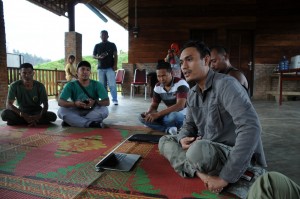
Staff and students then visited a local palm-oil plantation with Tezar Pahlevie to investigate the undergoing human elephant conflict and regular destruction of palm oil plantations in the area. Whilst travelling to the plantation, local journalists, Said Moulana SH from TVRI and Luth Pi from Net TV joined the university group and began filming the events of the day for local Indonesian news https://www.youtube.com/watch?v=5WoaPLDs43g and news articles were also published regarding the events of the day http://pelita8.com/mahasiswa-inggris-kunjungi-kawasan-yang-di-rusak-gajahliar-di-aceh-timur (more can be found below). Once at the plantation, the group explored the impacts that wild elephants are having on surrounding local businesses and communities, including an interview with the plantation manager, Usman Hanapiah and visits to the areas most badly affected by the wild elephants. All of the students were involved in the interview and explored the impacts, attempted resolves and the potential future solutions regarding the human elephant conflict, and the overall future of the plantation and the wild elephants.
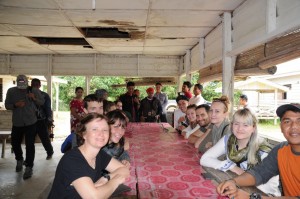
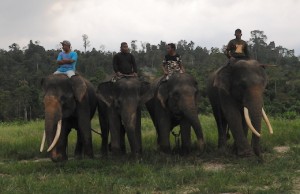
Many students received funds for the trip from the Departmental International Travel Grant, Global Horizons, or the Project & Placement fund of the Alumni. The Life and Environmental Sciences Department International Travel Grant funded Dr Korstjens’s expenses and those for co-leader Emma Hankinson (MRes student) and Chris Marsh (PhD student), who are currently conducting their field research in Indonesia. The work forms part of LEAP’s elephant project: http://go-leap.wix.com/home#!elephants/c578 which is funded by the International Elephant Foundation M. Phil Kahl fellowship (2016) and Rufford Small Grants (2016) and People’s Trust for Endangered Species (PTES, 2016)
Written by Nicola Collins who is supporting LEAP as a BU-funded Undergraduate Research Assistant Placement student.
For more information visit:
LEAP: Landscape ecology and Primatology: http://go-leap.wix.com/home
HAkAR: http://www.haka.or.id
FKL: https://www.facebook.com/Forum-Konservasi-Leuser-FKL-219705561560977/
More Indonesian news articles published regarding the palm oil plantation visit:
http://www.kanalaceh.com/2016/06/19/mahasiswa-inggris-teliti-konflikgajah-manusia-di-aceh-timur/
http://www.acehtraffic.com/2016/01/aceh-timur-miliki-cru-serbajadi.html
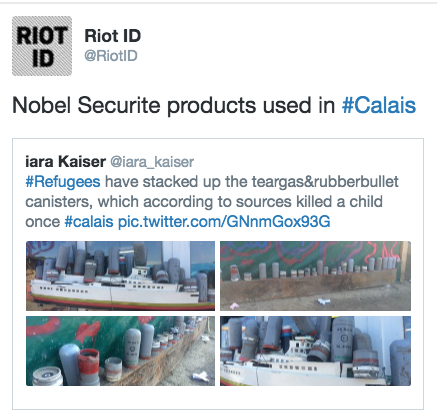 Our French samples of CS gas would leave our audience feeling sick, so for now we stick to power points when our tear gas research hits the road. Since the new year, members of Bournemouth University’s
Our French samples of CS gas would leave our audience feeling sick, so for now we stick to power points when our tear gas research hits the road. Since the new year, members of Bournemouth University’s 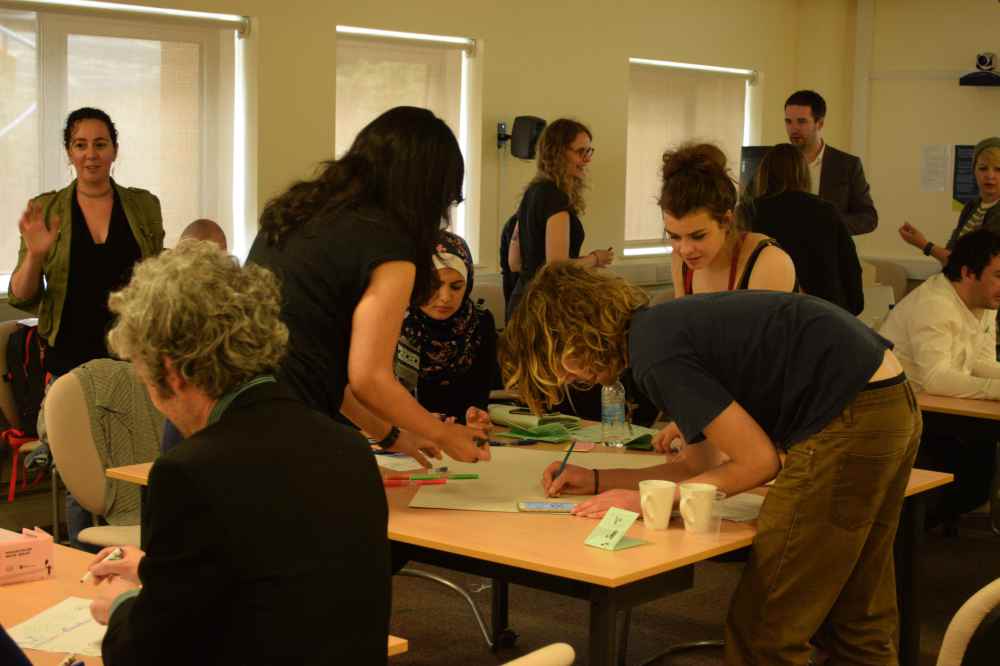
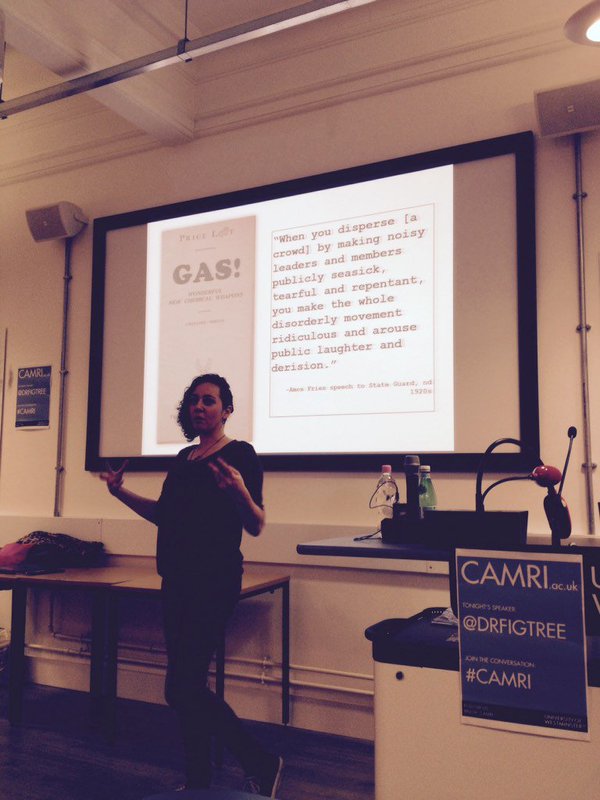 g at the Communication of Medical Knowledge in Tear Gas History. This two day interdisciplinary and international event was hosted aat
g at the Communication of Medical Knowledge in Tear Gas History. This two day interdisciplinary and international event was hosted aat 
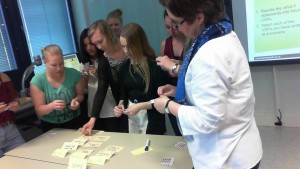
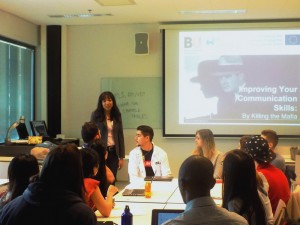


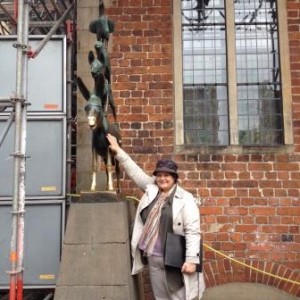 I have just returned from a 2 week Erasmus professional staff mobility to Bremen University’s “International Staff Week” and special admin training with the local coordinator of the
I have just returned from a 2 week Erasmus professional staff mobility to Bremen University’s “International Staff Week” and special admin training with the local coordinator of the 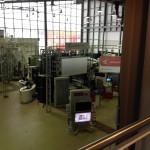
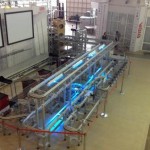
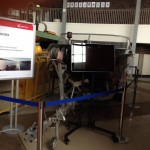

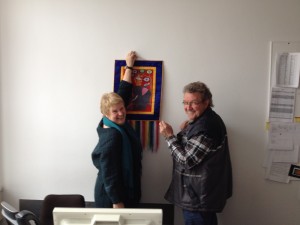
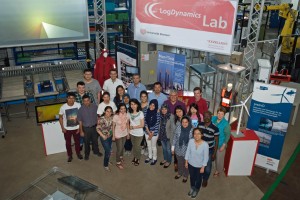
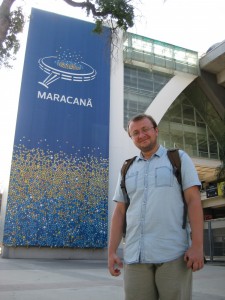
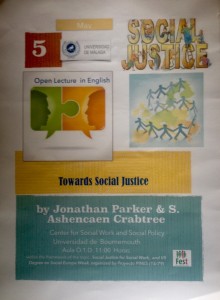
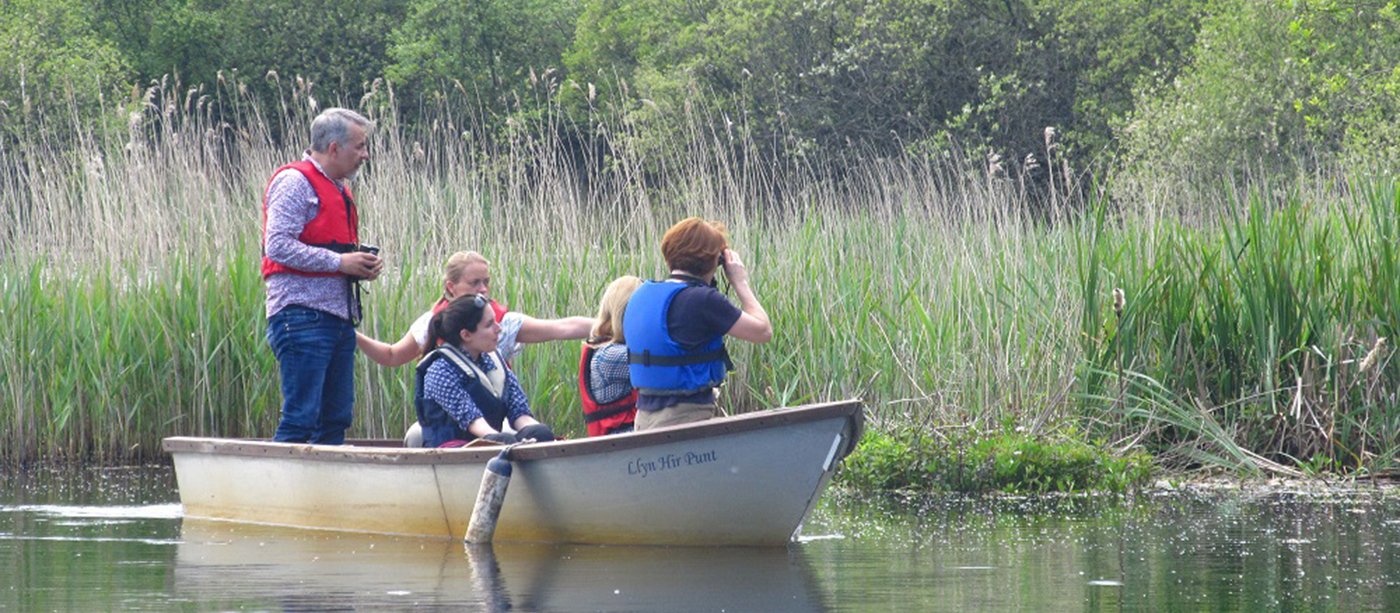

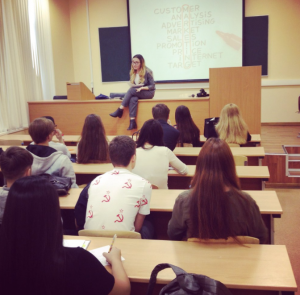
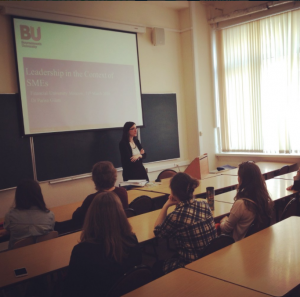

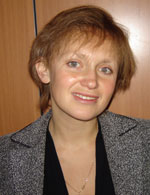


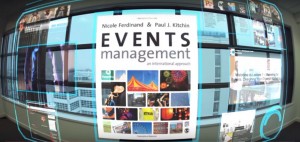


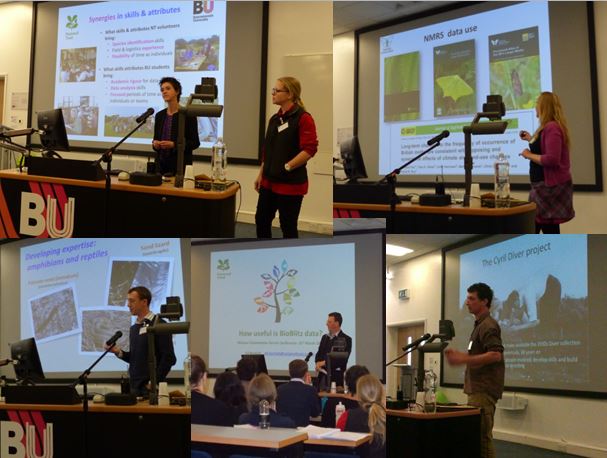
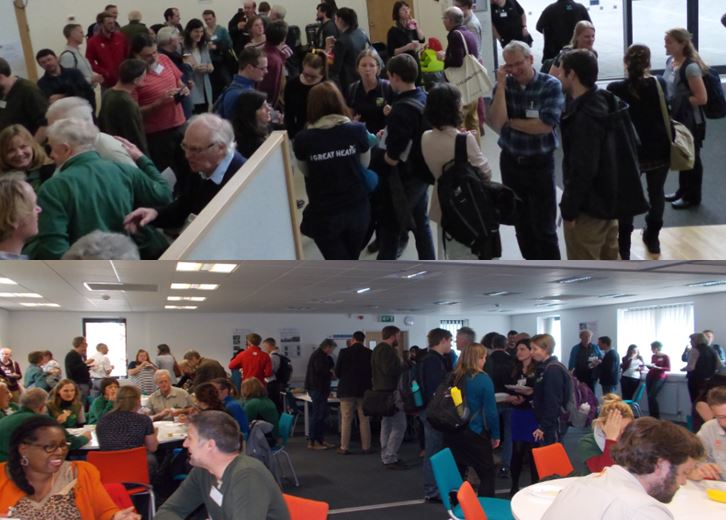
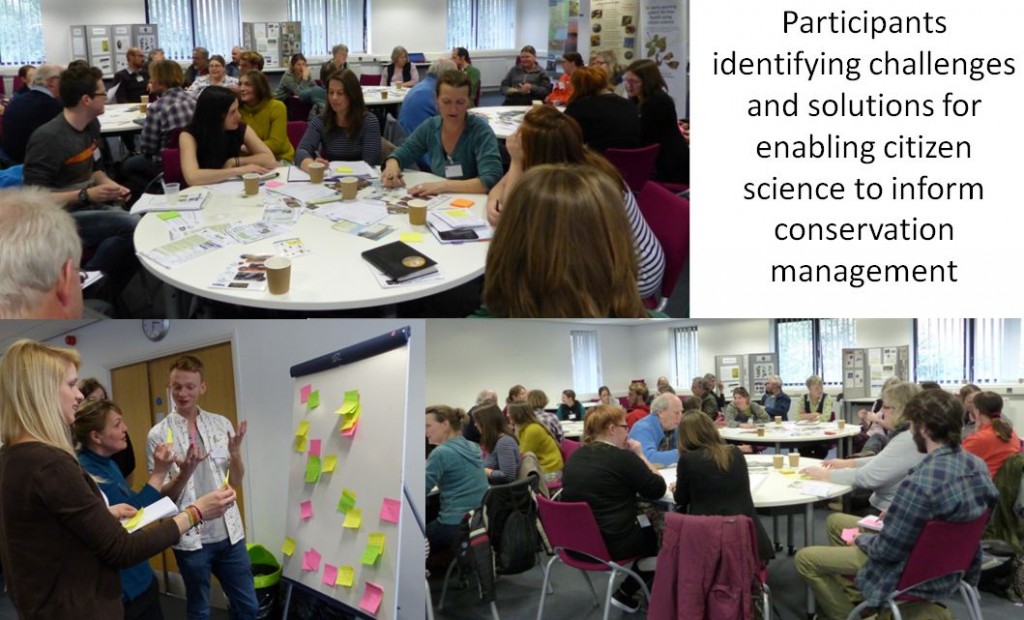
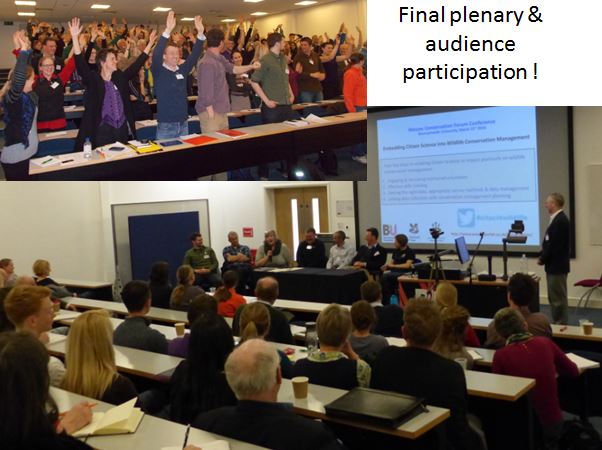
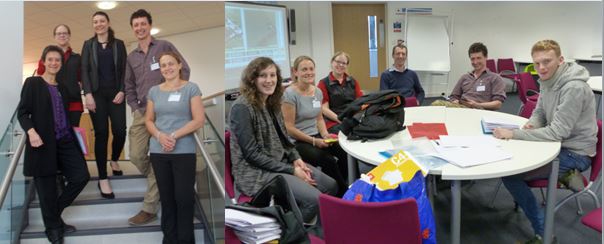


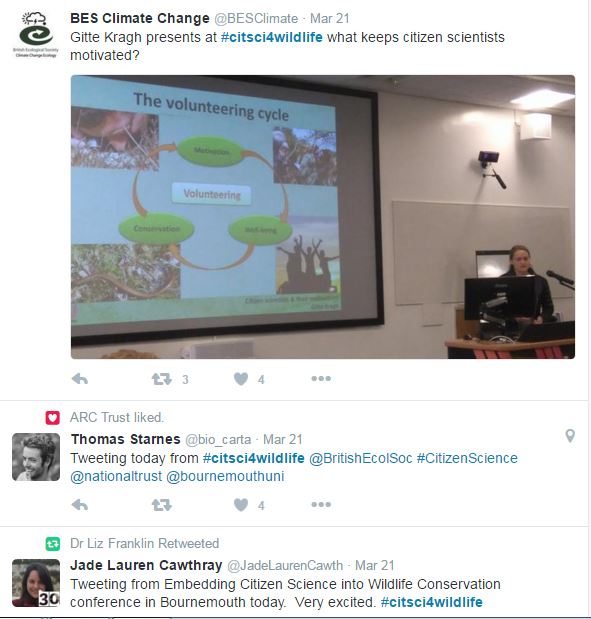
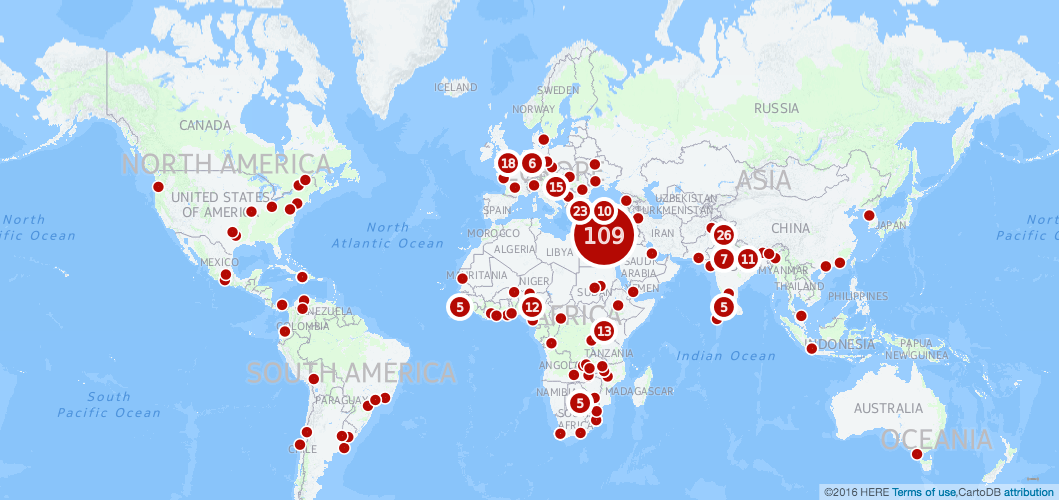











 Beyond Academia: Exploring Career Options for Early Career Researchers – Online Workshop
Beyond Academia: Exploring Career Options for Early Career Researchers – Online Workshop UKCGE Recognised Research Supervision Programme: Deadline Approaching
UKCGE Recognised Research Supervision Programme: Deadline Approaching SPROUT: From Sustainable Research to Sustainable Research Lives
SPROUT: From Sustainable Research to Sustainable Research Lives BRIAN upgrade and new look
BRIAN upgrade and new look Seeing the fruits of your labour in Bangladesh
Seeing the fruits of your labour in Bangladesh ECR Funding Open Call: Research Culture & Community Grant – Apply now
ECR Funding Open Call: Research Culture & Community Grant – Apply now ECR Funding Open Call: Research Culture & Community Grant – Application Deadline Friday 12 December
ECR Funding Open Call: Research Culture & Community Grant – Application Deadline Friday 12 December MSCA Postdoctoral Fellowships 2025 Call
MSCA Postdoctoral Fellowships 2025 Call ERC Advanced Grant 2025 Webinar
ERC Advanced Grant 2025 Webinar Update on UKRO services
Update on UKRO services European research project exploring use of ‘virtual twins’ to better manage metabolic associated fatty liver disease
European research project exploring use of ‘virtual twins’ to better manage metabolic associated fatty liver disease